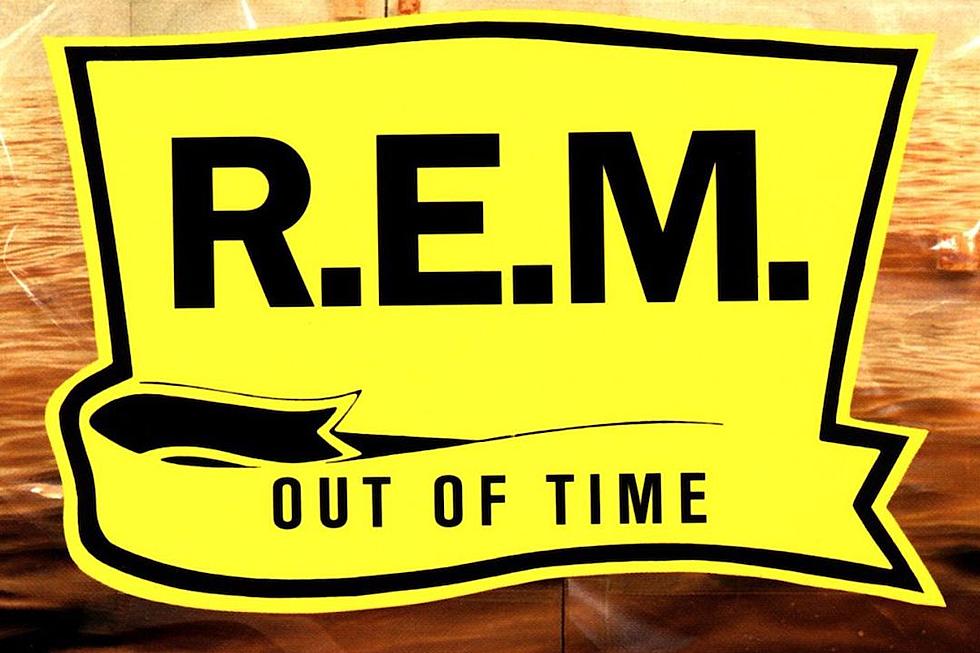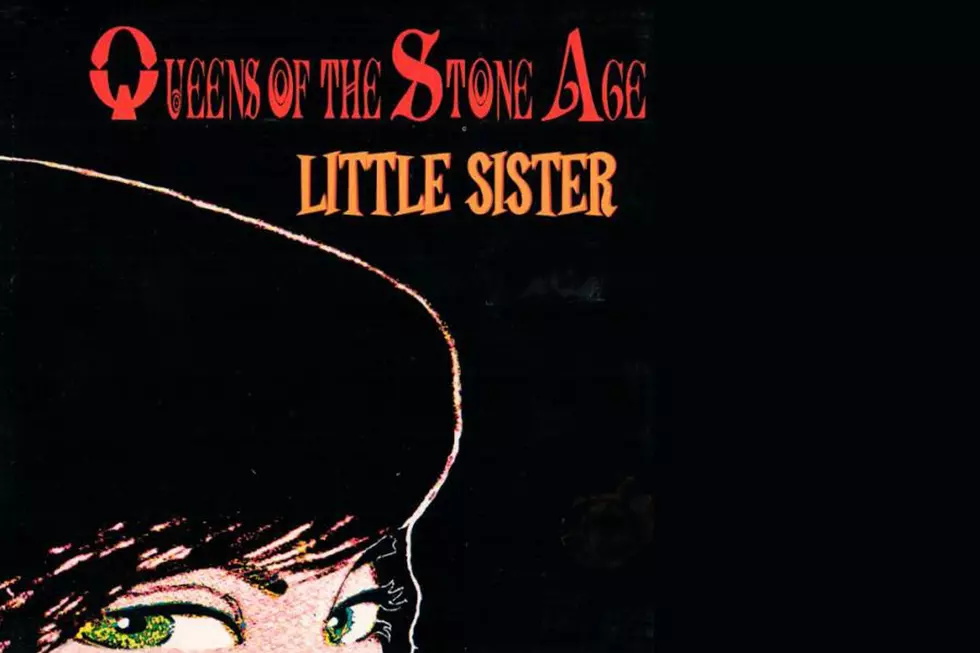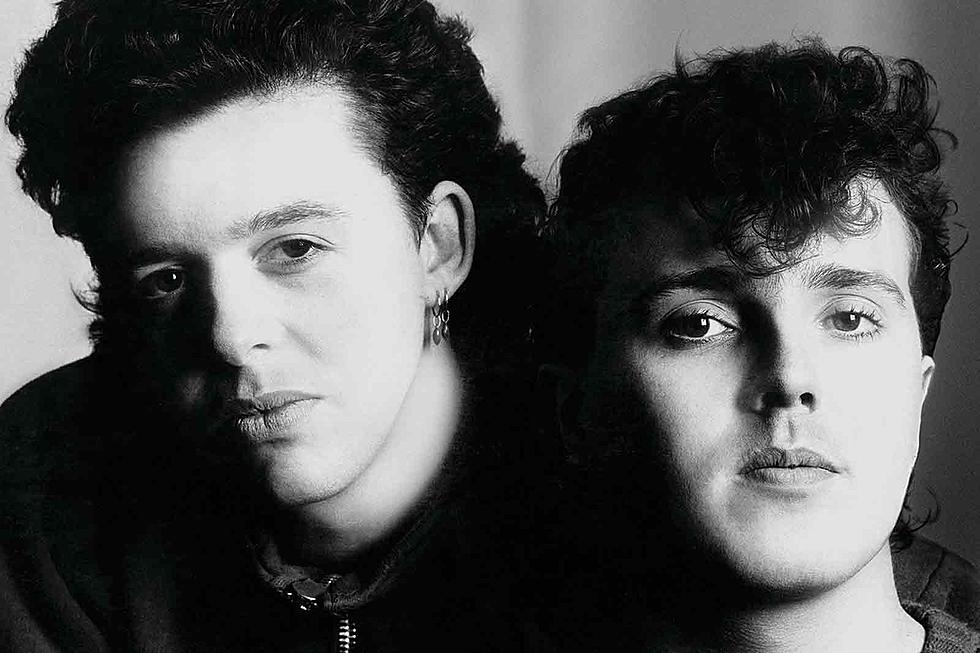How Fountains of Wayne Redefined Power Pop on Their Debut
The power pop boom of the early '90s had largely faded by Oct. 1, 1996, but one of its best purveyors was just getting started. That was when Fountains of Wayne released their self-titled debut.
Chris Collingwood and Adam Schlesinger had met in the late '80s at Williams College in Massachusetts and played together in a few bands. They reconnected in New York a few years later and began collaborating on songs that focused on growing up in that city's suburbs, even naming themselves after a lawn ornaments store in Wayne, N.J.
Where even the best power pop is sometimes too slavish in its devotion to the jangle of the first wave of the British Invasion, Fountains of Wayne distinguished themselves with brittle, post-grunge guitars. Combined with the lo-fi production -- they played all of the instruments except bass -- and Collingwood's laconic delivery, Fountains of Wayne quickly picked up the dreaded tag of being a "slacker" band.
It didn't help that their wry attention to detail was mistaken for ironic detachment. After all, "Joe Rey," "Please Don't Rock Me Tonight" and "Leave the Biker" out-Weezer Weezer for witty, I'm-uncool-and-can't-get-laid angst set to crunchy guitars and angular harmonies. But it also overlooked their heart. "Sick Day" and "Barbara H" are sensitive portrayals of women, the latter of whom Collingwood would eventually marry.
Meanwhile, "You Curse at Girls" hints at the more-layered sound they would develop on future standouts like "Troubled Times" and "Hackensack." And the record's opener, "Radiation Vibe," became a modern rock radio hit with the most singable use of "baby" in the chorus of any alternative single of the '90s.
Although their outlook was more wise-ass New Yorker than hormonal Liverpudlian teenager, their emphasis on melody, hooks and brevity -- its 12 songs go by in just over 36 minutes -- classify it as power pop. Still, there was enough time for plenty of slightly distorted melodic guitar solos, as Robbie Fulks would call them in his tribute song, "Fountains of Wayne Hotline."
They would perfect their formula over their next two albums, 1999's Utopia Parkway and 2003's Welcome Interstate Managers. By comparison to those and their other two efforts -- Traffic and Weather (2007) and Sky Full of Holes (2011) -- Fountains of Wayne struggles, but at the time, it was a welcome breath of fresh air from the darkness and dreariness that had dominated the decade to that point.
The Top 100 Alternative Albums of the '90s
More From Diffuser.fm









